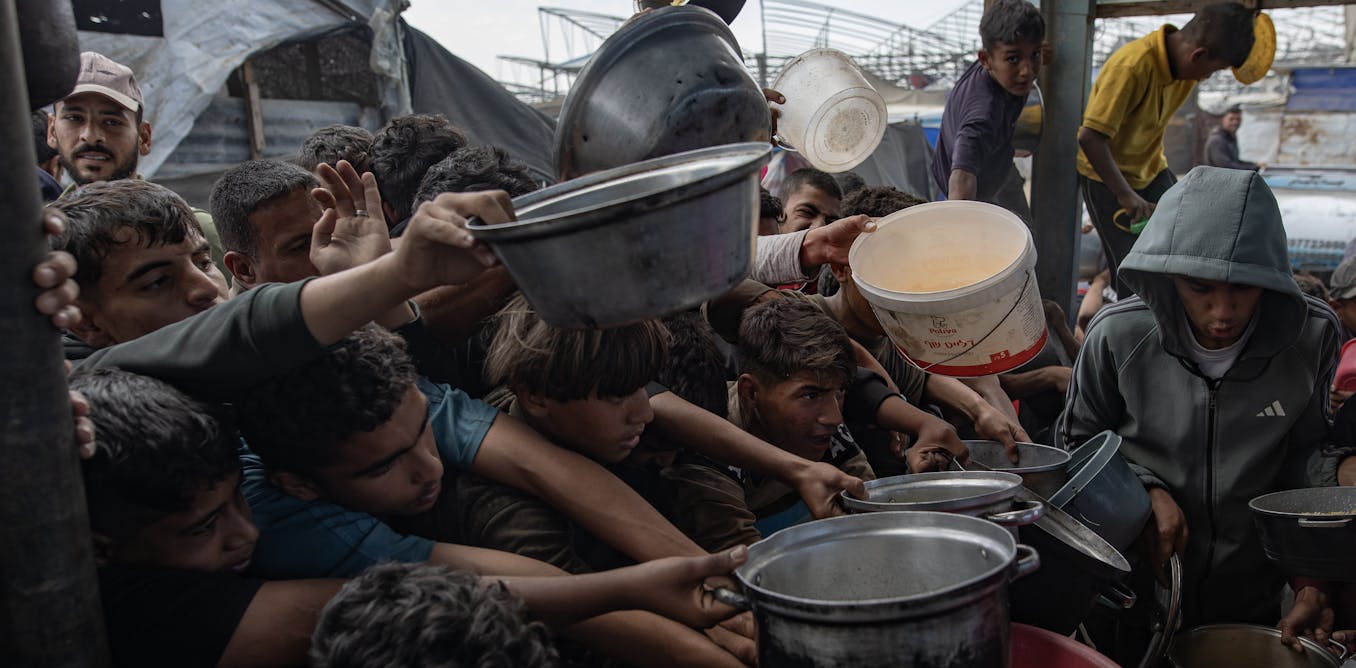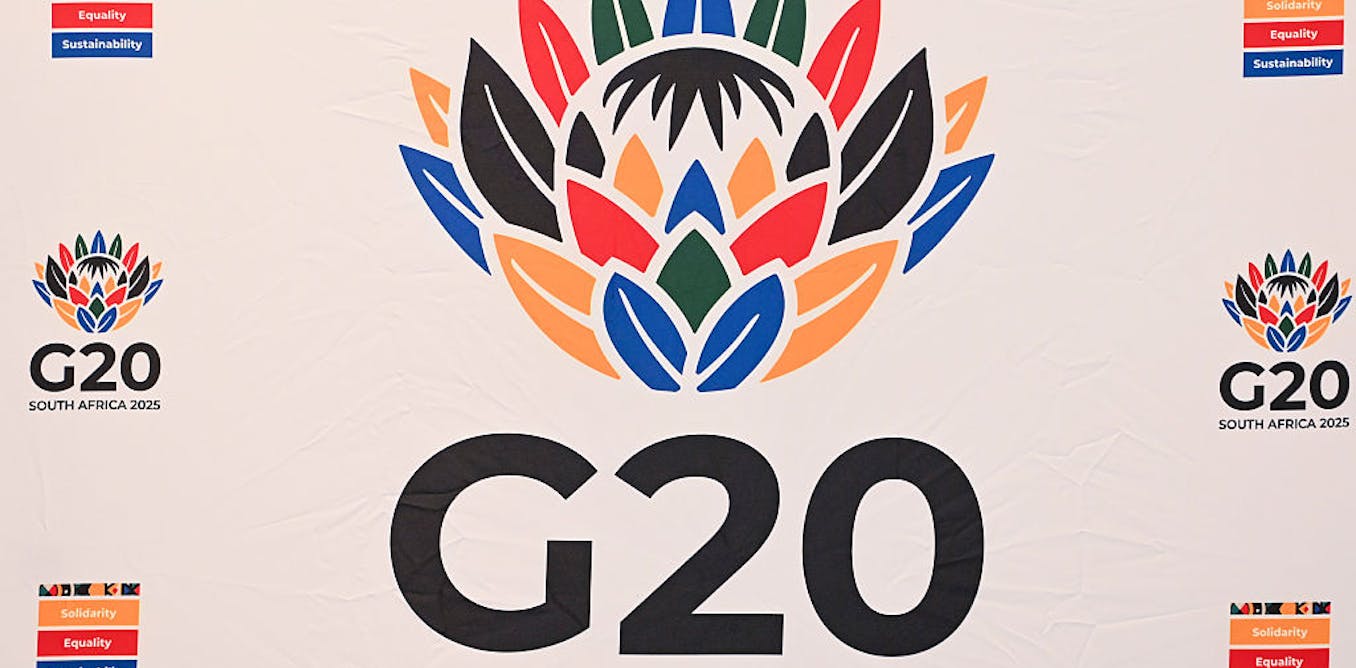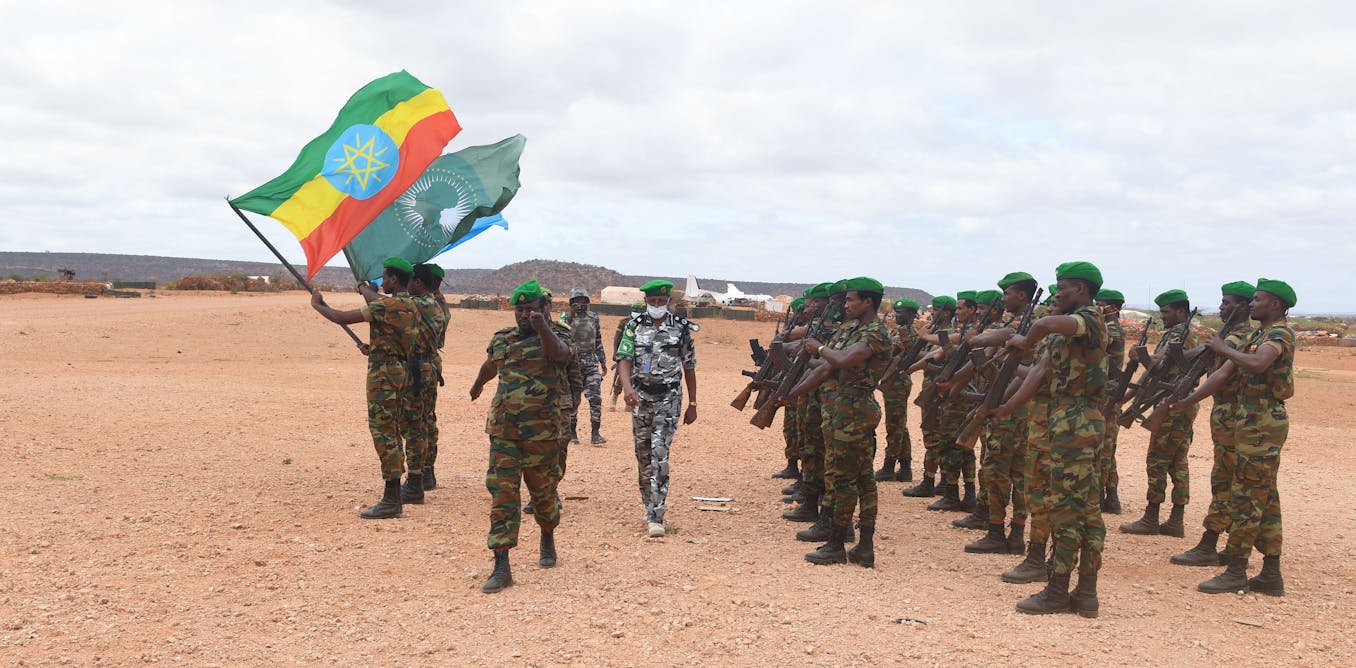Now Reading: Netanyahu’s occupation plan for Gaza means more suffering for Palestinians and less security for Israel
-
01
Netanyahu’s occupation plan for Gaza means more suffering for Palestinians and less security for Israel
Netanyahu’s occupation plan for Gaza means more suffering for Palestinians and less security for Israel

Israeli Prime Minister Benjamin Netanyahu announced on May 5 that his government plans to escalate military operations and potentially reoccupy Gaza indefinitely. The decision has shattered hopes for a lasting ceasefire and the release of remaining hostages held by Hamas.
The proposal, unanimously endorsed by Israel’s security cabinet, entails relocating Gaza’s 2.1 million residents to a single “humanitarian area” covering less than a quarter of Gaza’s land. This move is expected to prompt Palestinians to leave in large numbers to third countries, according to Israel’s far-right finance minister, Bezalel Smotrich.
Some view the plan as a strategy by Netanyahu to appease hard-right factions in his coalition. It could also be seen as a tactic to pressure Hamas into accepting a short-term truce before US President Donald Trump’s visit to the Middle East starting May 13.
Netanyahu’s declaration is more than just rhetoric. Recent Israeli actions in Gaza suggest that the plan is to be taken seriously. Since March, when the conflict in Gaza resumed after a temporary ceasefire, Israel has designated about 70% of the territory as a military “red zone” or for evacuation.
The new strategy confirms fears that the aim is not just a temporary military maneuver but a prolonged occupation. This is anticipated to bring more hardship for Palestinians, reduced security for Israel, and increased instability in the region.
The humanitarian crisis in Gaza is dire, with the current conditions described as the worst in the past 18 months. The distribution of aid to Gaza has been criticized and politicized during the conflict, leading to limited supplies reaching the area.
Israel’s proposed plan involves forcibly relocating Gazans to militarized “sterile zones” in the south, managed by the Israel Defense Forces (IDF) and private US firms. This has been rejected by UN agencies and international NGOs as contrary to humanitarian principles, likened to internment conditions.
The deteriorating humanitarian situation and continued displacement are likely to pose more security challenges for Israel, fueling resistance and insurgency. Further complicating matters, a renewed occupation of Gaza could impact regional dynamics, jeopardizing reconstruction efforts and peace initiatives.
The reoccupation of Gaza, alongside annexations and settlement expansions in the West Bank, indicates a departure from the two-state solution. This stance may prompt international allies, such as France and the UK, to consider recognizing Palestine as a state, potentially altering the diplomatic landscape in the region.






